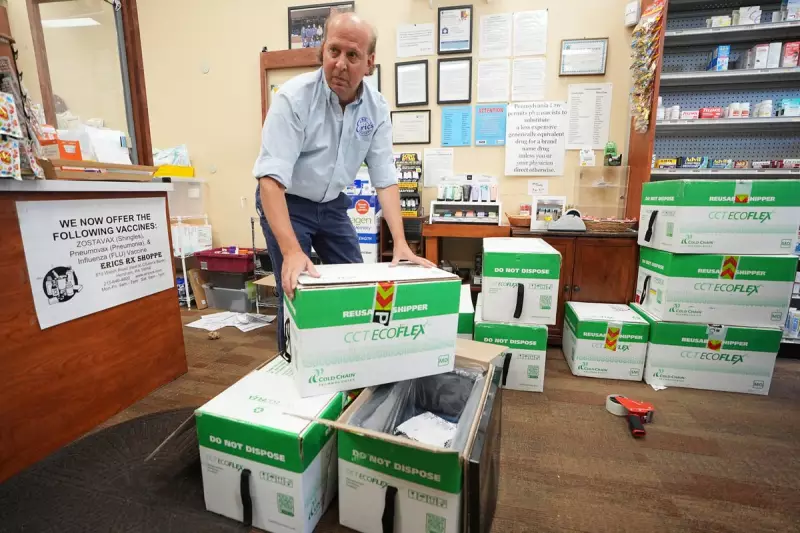
Several US states are abruptly reversing course on pandemic measures, reinstating mask mandates and other restrictions as healthcare systems face mounting pressure from a surge in respiratory illnesses.
The states of Maine, Arizona, and Oregon are among those proactively reintroducing rules, primarily targeting healthcare facilities and hospitals. This marks a significant shift in policy as authorities respond to a sharp increase in cases of Covid-19, influenza, and RSV (Respiratory Syncytial Virus).
State-by-State Measures Come Into Force
In Maine, the state CDC has mandated that all healthcare facilities implement mask policies for both staff and patients. This directive is a direct response to a notable uptick in emergency room visits and hospital admissions linked to respiratory viruses.
Similarly, Arizona has seen specific counties reactivate their own protocols. Maricopa County, the state's most populous, has once again required masks for staff and visitors in all patient-care areas of medical institutions.
On the west coast, Oregon’s health authority has taken a broader approach. Its reinstated mandate applies not only to healthcare settings but also to long-term care facilities, compelling workers to wear masks during patient interactions.
A Trio of Viruses Strains the System
Health officials are attributing the sudden policy changes to the concurrent circulation of three major viruses. The so-called 'tripledemic' of Covid-19, flu, and RSV is putting an unexpected strain on medical resources so soon after the official end of the public health emergency.
"Our healthcare systems are entering a challenging period," a representative from the Maine CDC stated. "The return of masking is a simple, evidence-based step to protect our most vulnerable patients and ensure our staff remain healthy and able to work."
Public Reaction and Compliance
The return of restrictions has been met with a mixed response. While many medical professionals and public health advocates support the cautious approach, it has reignited debates about personal freedoms and government overreach that were prevalent during the height of the pandemic.
Despite this, compliance in mandated areas is reported to be high. The measures are currently viewed as a temporary necessity to weather the peak of the respiratory season and prevent healthcare facilities from becoming overwhelmed.





